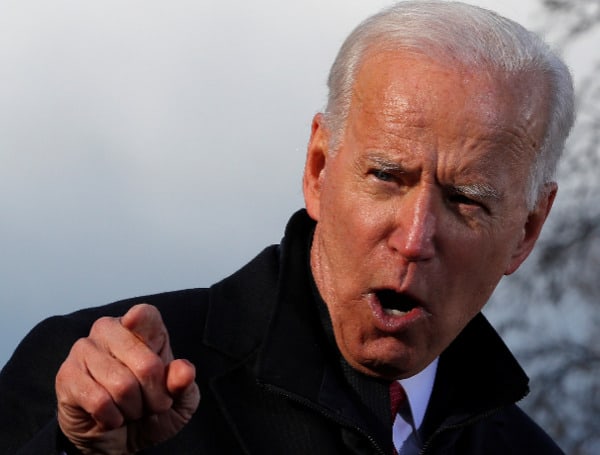
The House Judiciary Committee has filed a lawsuit seeking the audio recordings of President Biden’s interviews with Special Counsel Robert Hur.
This legal action comes after the White House refused to share the tapes, citing concerns about the impact on the upcoming election.
The committee argues that the audio recordings, not just the transcripts, are crucial in assessing Hur’s characterization of the president as an “elderly man with a poor memory.”
The lawsuit contends that the White House’s assertion of executive privilege over the audio recordings is a “frivolous” attempt to shield the president’s verbal and nonverbal cues from public scrutiny.
The committee maintains that the audio recordings, which capture Biden’s tone, inflection, and pace of speech, are essential in evaluating Hur’s assessment of the president’s mental state during the interviews.
According to the lawsuit, the audio recordings, not the “cold transcripts,” provide the best evidence of President Biden’s presentation during the interviews.
The committee believes that this information is crucial in assessing Hur’s ultimate recommendation not to prosecute Biden, which was based largely on the special counsel’s perception of the president’s apparent mental decline.
In response to the committee’s initial request for the tapes, the White House expressed concerns that House Republicans intended to “chop [the tapes] up, distort them, and use them for partisan political purposes.”
The pursuit of the Hur tapes is closely tied to the ongoing saga surrounding President Biden’s alleged mishandling of classified documents. According to the lawsuit, Hur’s report found evidence that Biden “willfully” mishandled classified information, including sensitive documents related to US military and foreign policy in Afghanistan.
The lawsuit alleges that Biden improperly stored classified documents in the garage of his Delaware home and at his post-vice presidency office in Washington, D.C. Furthermore, the special counsel’s report suggests that the president shared classified information with his book ghostwriter, Mark Zwonitzer.
Despite finding evidence of Biden’s alleged wrongdoing, Hur ultimately recommended against charging the president, citing the president’s apparent mental decline as a mitigating factor. However, Biden furiously denied Hur’s assessment of his cognitive abilities shortly after the special counsel’s report was released.
George Washington University law professor Jonathan Turley criticized the Department of Justice (DOJ) in June for claiming that the possibility of a “deepfake” as a result of artificial intelligence (AI) warranted blocking the release of audio of an interview with President Joe Biden.
Turley said that the Justice Department’s “illogical” argument made no sense, saying that the release of the tape would make it more difficult to produce deepfakes of the conversation.
“It is neither legally nor practically sensible to make that argument. The fact is, that if you release the audiotape, it’s going to make it easier to refute any deepfake version,” Turley told “America Reports” co-hosts Sandra Smith and John Roberts. “Right now, AI could produce that, because you have the transcript and part of the problem for the Department of Justice is their position has never made any sense.”
“You release the transcript as unprivileged, that you are claiming the audio version is privileged, as if this is sort of a Voldemortian ‘he who shall not be heard’ type of candidate,” Turley continued. “The impression is that they’re not worried about a false version of the audiotape, they are worried about the real audiotape being heard before the election. It is a transparent effort to get the court to hold the audiotape, or at least keep it in litigation, until people have voted.”
In the filing, the Justice Department also admitted to making alternations to the transcripts, according to Judicial Watch, a public interest law firm seeking the release of the audio from Biden’s interview. The Biden administration invoked executive privilege to block the audio on May 16.
Help support the Tampa Free Press by making any small donation by clicking here.
Android Users, Click To Download The Tampa Free Press App And Never Miss A Story. Follow Us On Facebook and Twitter. Sign up for our free newsletter.
